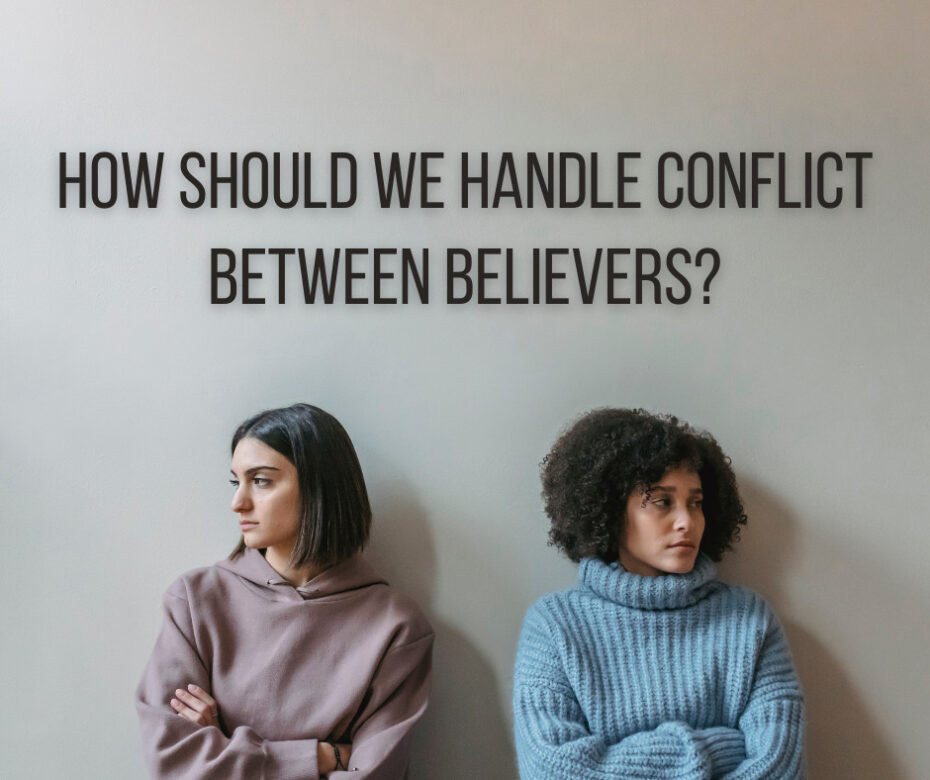In a previous blog, I suggested that Phil 4:6-7 is often taken out of context by Evangelicals. I think this is also true of 4:8-9. In these verses, Paul tells the believers at Philippi to meditate on things that are “true,” “noble,” “just,” “pure,” “lovely,” “of good report,” virtuous, and “praiseworthy.” As is the case with verses 6-7, verses 8-9 are almost always used in complete isolation from what the Book of Philippians is about.
Since my early days as a believer, I’ve heard people say that these verses are warning us about what we watch or read or play. The movies we watch are often full of bad things, so we shouldn’t watch them. The same is true for the books Christians often read, or the music we often listen to. None of these things are noble, just, pure, or lovely. This view is often applied to things like playing cards. Card games often involve gambling, and Paul is forbidding Christians from engaging in such activities.
While Christians can discuss whether reading a murder mystery is or is not a good use of our time–or perhaps even sinful–I think we could all agree that Paul is not discussing such pastimes. The Book of Philippians encourages the believers at Philippi to humbly serve the Lord together. We are blessed by God because we have the privilege of doing so. The Lord has not only given us eternal life that can never be lost, He has also given us the privilege of serving Him together until He comes. Because He will reward such work, our life’s work has eternal value.
In chapter 4, Paul mentions that there are two women in the church who have forgotten this reality. They are fighting with each other instead of working together. It is in that context that Paul exhorts them to meditate on certain things. In a short blog we can’t deal with each word’s meaning in detail, but if we think about the words in the book’s proper context, we can see that Paul is addressing how we think about others. When we are in conflict with other believers over petty issues, we should meditate on those things that are true about them. They are our fellow citizens with whom we have the privilege of serving the Lord. We should think about the good, just, and pure things in their lives. My guess is that we will realize that in many areas they are more pleasing to the Lord than we are. We should also consider the many areas in which we agree. We should not concentrate on the insignificant things they do that irritate us, but on the many areas in which we can praise them. As we labor together with other believers who are serving the Lord, we are bound to see many virtuous qualities in their lives.
Simply put, Paul is saying that oftentimes when we have conflicts with other believers, it’s because we meditate on the things they do that irritate us because of our personal preferences. Perhaps their personality is different from ours. Instead, we should concentrate on what is good about them—the things we admire about them.
If we think on these things and put them into practice, Paul says we will experience the “peace of God” (v 9). I don’t think he is simply saying that we will be at peace with God if we avoid secular movies, books, and music. It seems this is a peace that comes from God and that is manifested in how we feel about and treat our fellow believers. Paul is wanting believers who are in conflict to be at peace.
In my previous blog on Phil 4:6-7, I pointed out that Paul mentions “peace” in verse 7. I suggested that it was not a subjective peace that believers feel when they have a decision to make. Paul is talking about the peace that God produces when we strive to please Him by working together as believers. It is no accident that he mentions “peace” in verse 9 as well.
Popular Christian expressions that take certain verses out of context often cause us to miss the true meaning of those verses. Phil 4:6-9 is an example. The passage provides a great exercise in considering verses in context. Years ago, Howard Hendricks mentioned in class one day that these verses in Philippians are not telling us how to make a decision between two options, or what movies to watch. They are verses that teach us about conflict resolution between believers. I agree.


